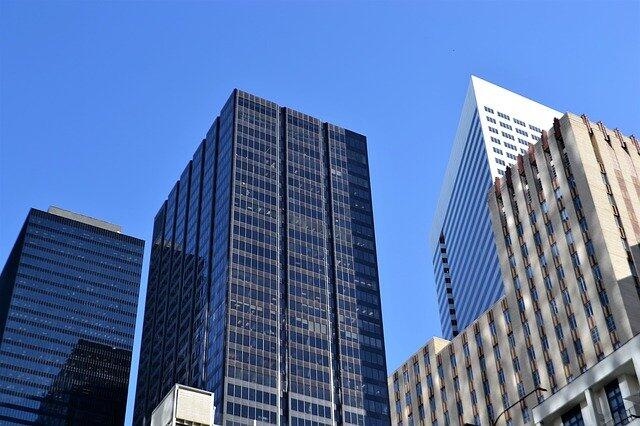
Buying a commercial building: VAT savings
Option to tax
The company is being charged VAT because the seller has opted to tax the property with HMRC. They must therefore ask the seller for a copy of HMRC’s letter to confirm that a valid election has been made. This is important because input tax can only be claimed by a business if VAT has been correctly charged in the first place.
If the business owns any commercial property which it has opted to tax in the past, it is important for it to check it holds the option to tax letter issued by HMRC as part of their records in case they decide to sell it in the future. It can take six to eight weeks for HMRC to issue copy letters, which can lead to frustrating delays.
20-year rule
The next challenge is to see if the seller’s option to tax election with HMRC took effect more than 20 years ago. If so, it can be revoked by the seller. The commercial property sale will then be exempt from VAT again. The seller must complete VAT 1615J and submit it to HMRC before the price of the deal is legally fixed, usually at exchange of contracts.
The advantage of a property purchase being exempt from VAT is that it saves the buyer having to fund the payment of VAT for possibly three months before they can claim input tax on their next VAT return. They will also save stamp duty land tax which is charged on the VAT-inclusive price of a deal.
The seller will need to check that revoking their option to tax election does not create problems with their own VAT returns, e.g. capital goods scheme adjustments.
Input tax
As the company will use the office wholly for their taxable business activities, input tax can be fully claimed on the purchase price. But if any part of the building is used to generate VAT-exempt income, input tax would have to be apportioned according to the company's partial exemption method.
There is no need to opt to tax the property as a condition of claiming input tax. That would only be relevant if there was an intention to sublet the building, i.e. so that rental income would be taxable rather than exempt, therefore avoiding an input tax restriction on building expenses with partial exemption.
Discount to save money
If a property costs £250,000 or more excluding VAT, input tax claimed by the buyer is subject to annual adjustments for the next ten years with the capital goods scheme. This might cause a problem forthe buyer if they change the nature of their business during that period, e.g. to include some exempt trading. It is therefore suggested that the company asks the seller for a £1 discount on the agreed purchase price. A deal for £249,999 plus VAT will take the property out of the scheme.

